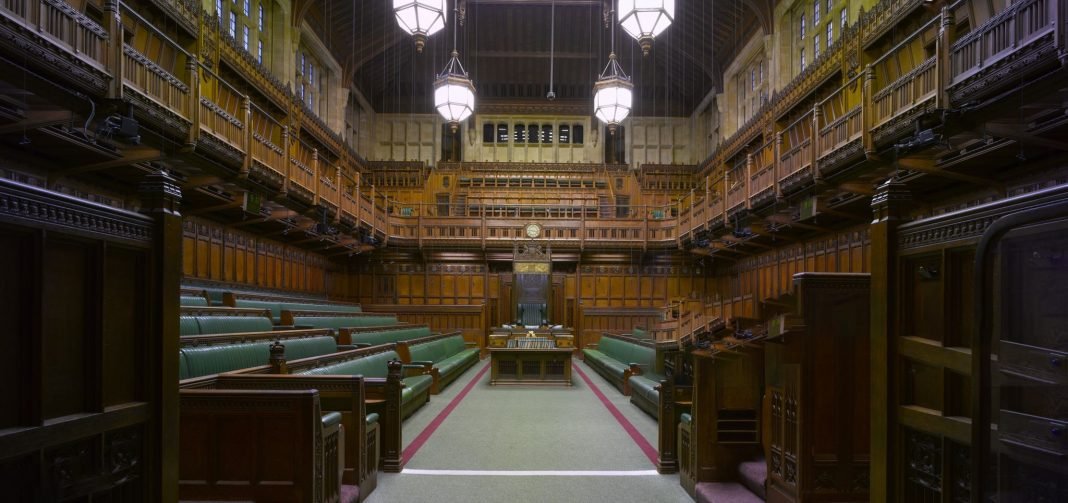Introduction
The UK Parliament is made up of the House of Commons and the House of Lords, the highest legislative body in the country. An institution which, in addition to passing and amending laws, plays a key role in forming the government. The House of Commons, also known as the lower house, has 650 members who are elected by separate general constituencies every five years. The House of Commons is the most important institution representing public interest in the UK.
Conditions for Candidates for the House of Commons
Those who want to sit on the green seats of the House of Commons as representatives of the people must meet the following conditions:
– Be aged 18 years or over
– Be a citizen of the UK, a Commonwealth nation or the Republic of Ireland
– Be introduced by 10 eligible voters in the relevant constituency
– If the candidate wants to introduce themselves as affiliated to a particular party, they must allow the relevant party to do so; otherwise, the candidate will be nominated independently.
– A deposit of 500 pounds is required to encourage only those who are determined to run. If the candidate wins more than 5% of the total votes cast, this amount will be refunded; otherwise the amount will not be refunded.
The Position of the House of Commons
The House does not elect the prime minister, but the position of the parties in it is very important. The prime minister is accountable to parliament and must have its support to do his job. Therefore, whenever the office of the prime minister is vacant, the Queen appoints as prime minister a person who has the support of MPs or is the leader of the largest party in the House of Commons.
Who Can Be in the Commons?
Members of the UK House of Commons are from England, Scotland, Wales and Northern Ireland. There is also a Scottish Parliament, a National Legislature in Wales and a National Legislature in Northern Ireland. Separate elections are held for these political groups and the candidates who win the elections will be eligible to represent them in the House of Commons.
Duties of the House of Commons
The duties of the House of Commons are the same as those of the House of Lords, except that the House of Commons alone can decide on bills, as well as new taxes or the approval of government spending. In such cases, the House of Lords may express its views, but may not prevent or amend the tasks. The House of Commons is also the venue for a question time with the prime minister every Wednesday. The MPs are elected by the people. The party with the largest number of representatives in Parliament forms the government. Members of the House of Commons discuss the important political issues of the day and plan to enact new laws. Only elected members of Parliament are responsible for deciding on financial bills, such as new tax laws. Their time is divided between working in Parliament, running their constituency, and party activities. Some MPs who are members of the ruling party are also elected as ministers and are responsible for specific areas such as health, defence, and so on.

